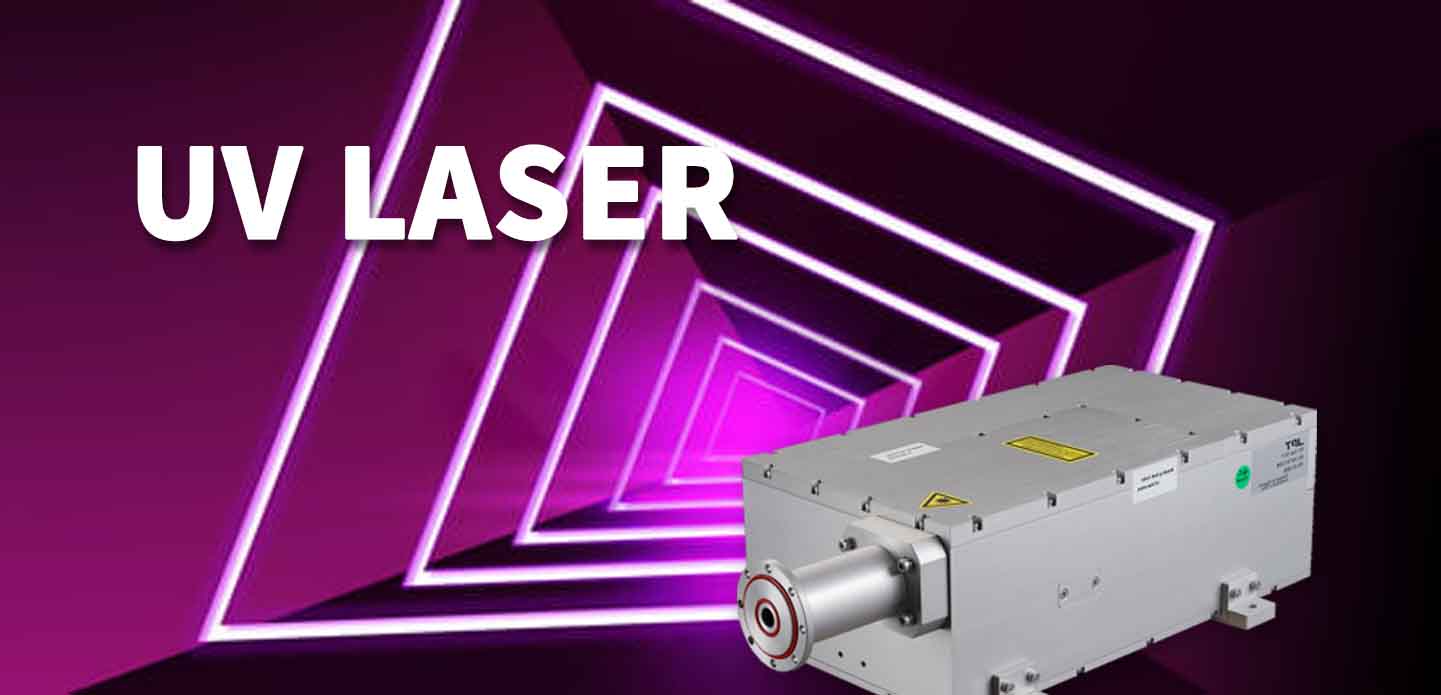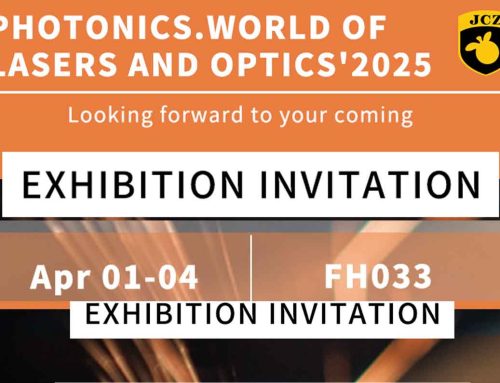In the world of precision laser applications, UV lasers have become an essential tool, especially in industries that require high-quality marking and engraving on delicate materials. The unique characteristics of ultraviolet lasers make them ideal for marking and engraving on a wide variety of surfaces, from metals and plastics to glass and ceramics. In this article, we will explore the capabilities and advantages of UV laser marking, UV laser engraving, and UV laser etching technologies.
What is UV Laser Technology?
UV laser technology uses short wavelengths, typically in the range of 355 nm, to produce high-energy light that can be used for precise material processing. Unlike other laser types, UV lasers generate a lower amount of heat, making them ideal for sensitive materials that may be damaged by excessive heat. This characteristic makes ultraviolet laser systems invaluable for applications such as UV laser marking, UV laser engraving, and UV laser etching, where precision and quality are paramount.
UV Laser Marking: Achieving High-Quality Results
UV laser marking refers to the process of creating permanent marks or inscriptions on a surface using ultraviolet laser light. The high intensity of UV laser light is focused onto the material, causing a chemical reaction that results in a permanent mark. This technology is widely used in industries requiring fine details and minimal surface disruption, such as the electronics, medical devices, and semiconductor industries.
The benefit of UV laser marking is its ability to produce high-contrast, durable marks that are resistant to wear and environmental factors. The small spot size and fine resolution make UV laser marking ideal for marking intricate logos, serial numbers, barcodes, and QR codes on small parts.
UV Laser Engraving: Precision with Minimal Heat
UV laser engraving is a more advanced technique that involves etching a deeper mark into the surface of a material. While UV laser marking typically creates a surface-level change, UV laser engraving uses the high-intensity laser light to remove material, allowing for more intricate designs and text. This process is often used for decorative applications and functional parts that require more than just surface marking.
UV laser engraving offers significant advantages over traditional engraving methods. The absence of excessive heat means that delicate materials, such as glass, plastics, and even thin metal layers, can be engraved without distortion or damage. The precision of the UV laser allows for highly detailed designs, making it suitable for both artistic and industrial applications.
UV Laser Etching: Delicate and Detailed
UV laser etching is another form of laser processing that differs from both marking and engraving in terms of the depth of material removal. Etching involves creating shallow surface patterns or textures, which are commonly used in packaging, branding, or design work. This technique is ideal for materials that require fine surface features but without the deeper material removal seen in engraving.
The low heat impact of UV laser etching ensures that even delicate surfaces, like thin films, glass, or certain plastics, are processed without damage. The ability to create intricate patterns and textures makes UV laser etching a popular choice for high-end product branding, luxury items, and precision industrial applications.
Advantages of UV Laser Technology
One of the primary advantages of UV laser technology, whether used for marking, engraving, or etching, is its ability to work with a wide range of materials, including hard-to-mark surfaces like glass, rubber, and certain metals. UV lasers also offer higher resolution and finer detail than other laser types, making them ideal for applications requiring precision.
Another significant advantage is the minimal heat affected zone (HAZ), which reduces the risk of warping or discoloration on sensitive materials. This makes UV laser technology particularly valuable for industries like medical device manufacturing, electronics, and packaging, where material integrity is critical.
Conclusion
UV laser marking, engraving, and etching provide exceptional solutions for industries that demand high-precision, high-quality results. The unique properties of ultraviolet lasers, including their ability to operate with minimal heat and create highly detailed marks, make them ideal for a variety of applications across multiple industries. Whether you’re looking to mark a serial number, engrave a detailed design, or etch a fine texture, UV lasers are an excellent choice for achieving precision and quality.
由用户投稿整理稿件发布,不代表本站观点及观点,进行交流学习之用,如涉及版权等问题,请随时联系我们(yangmei@bjjcz.com),我们将在第一时间给予处理。






